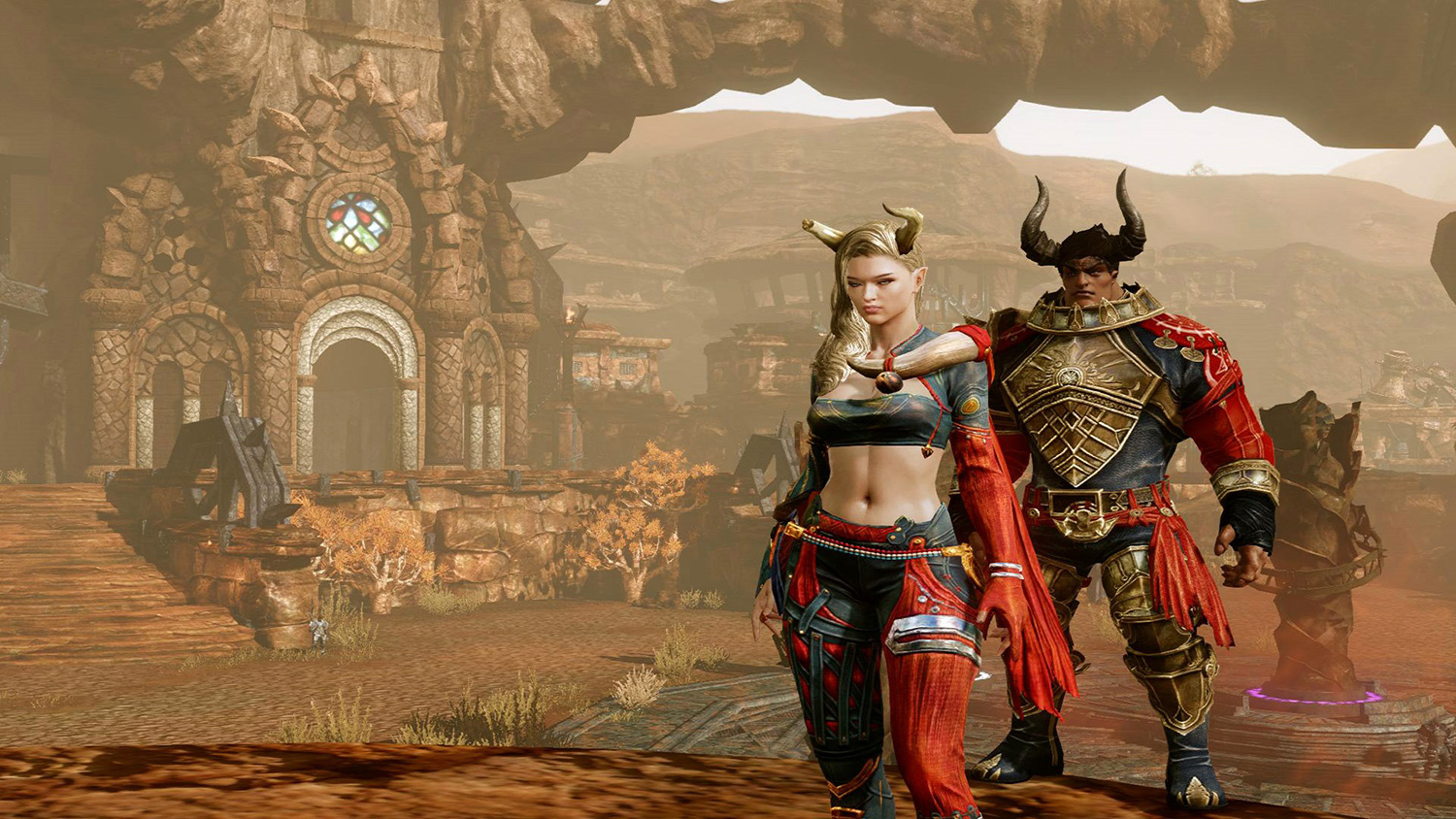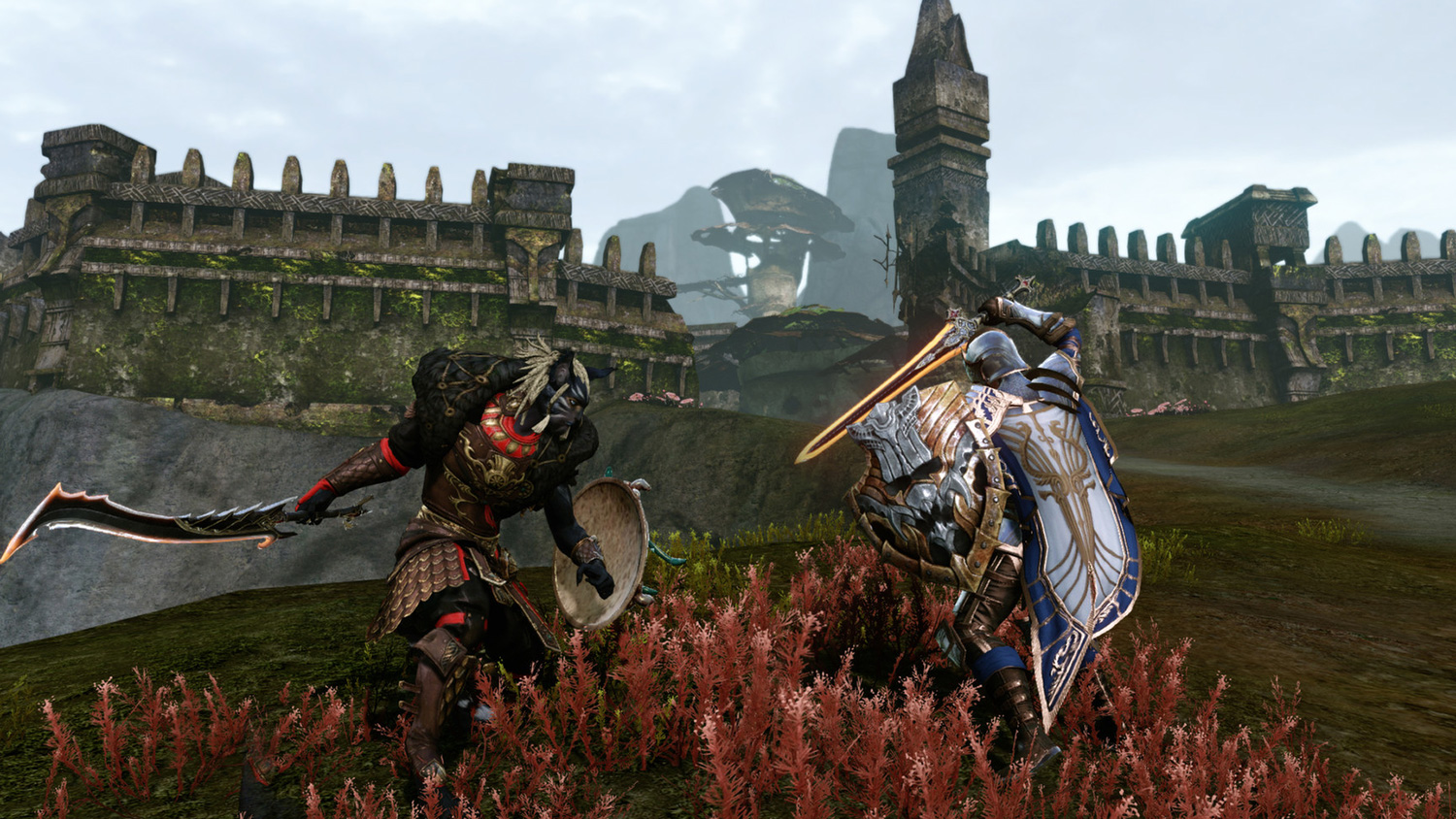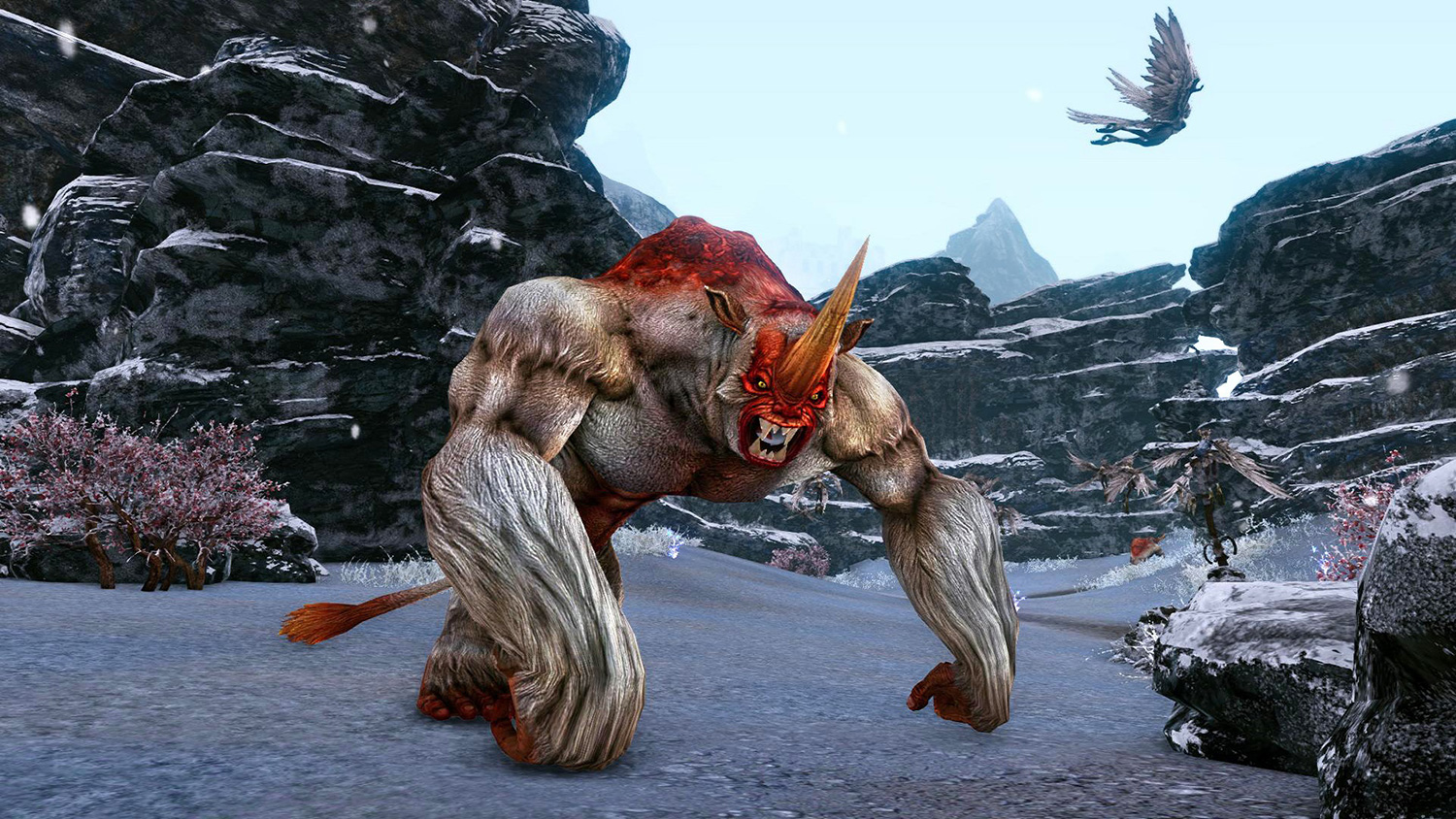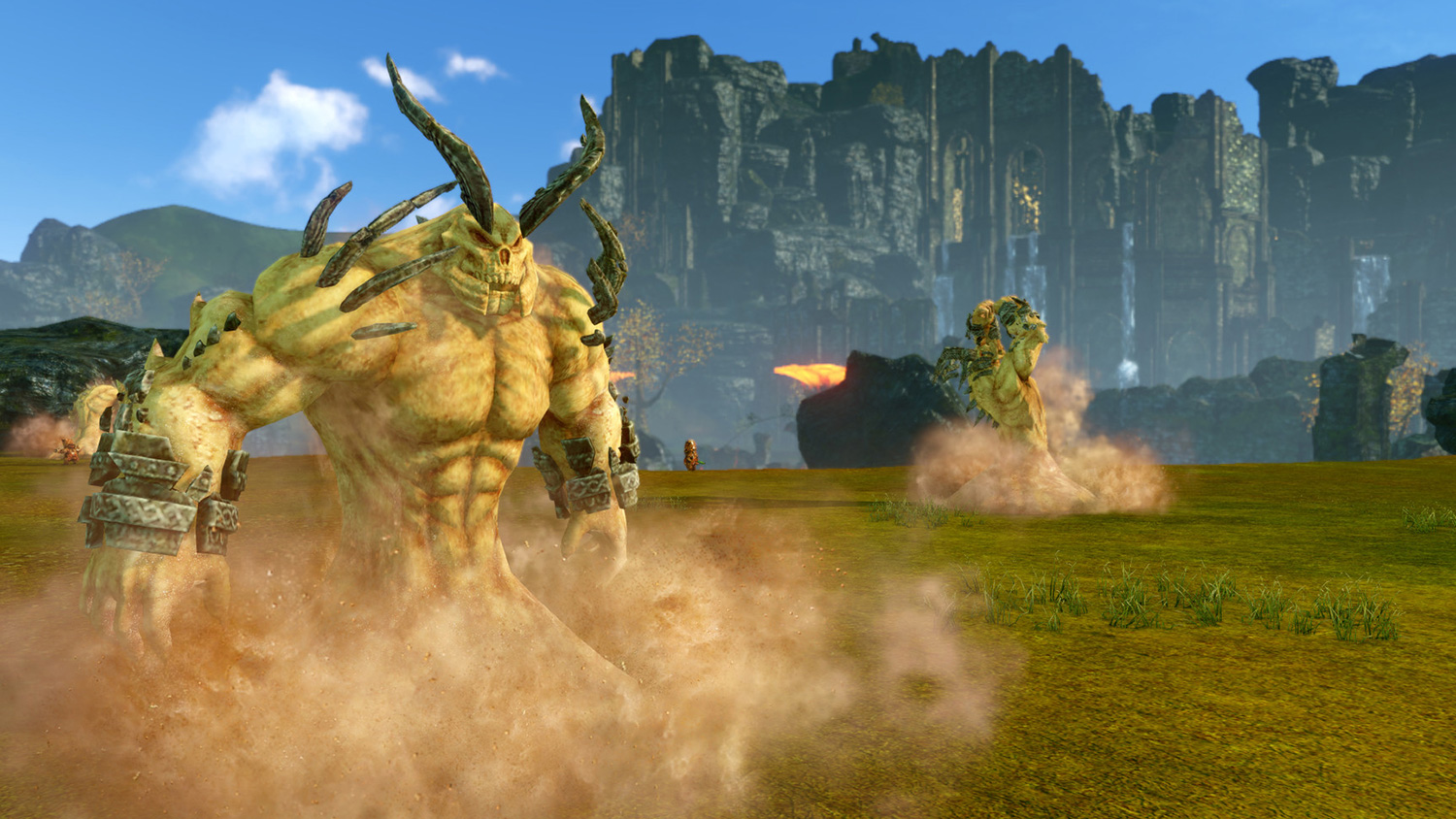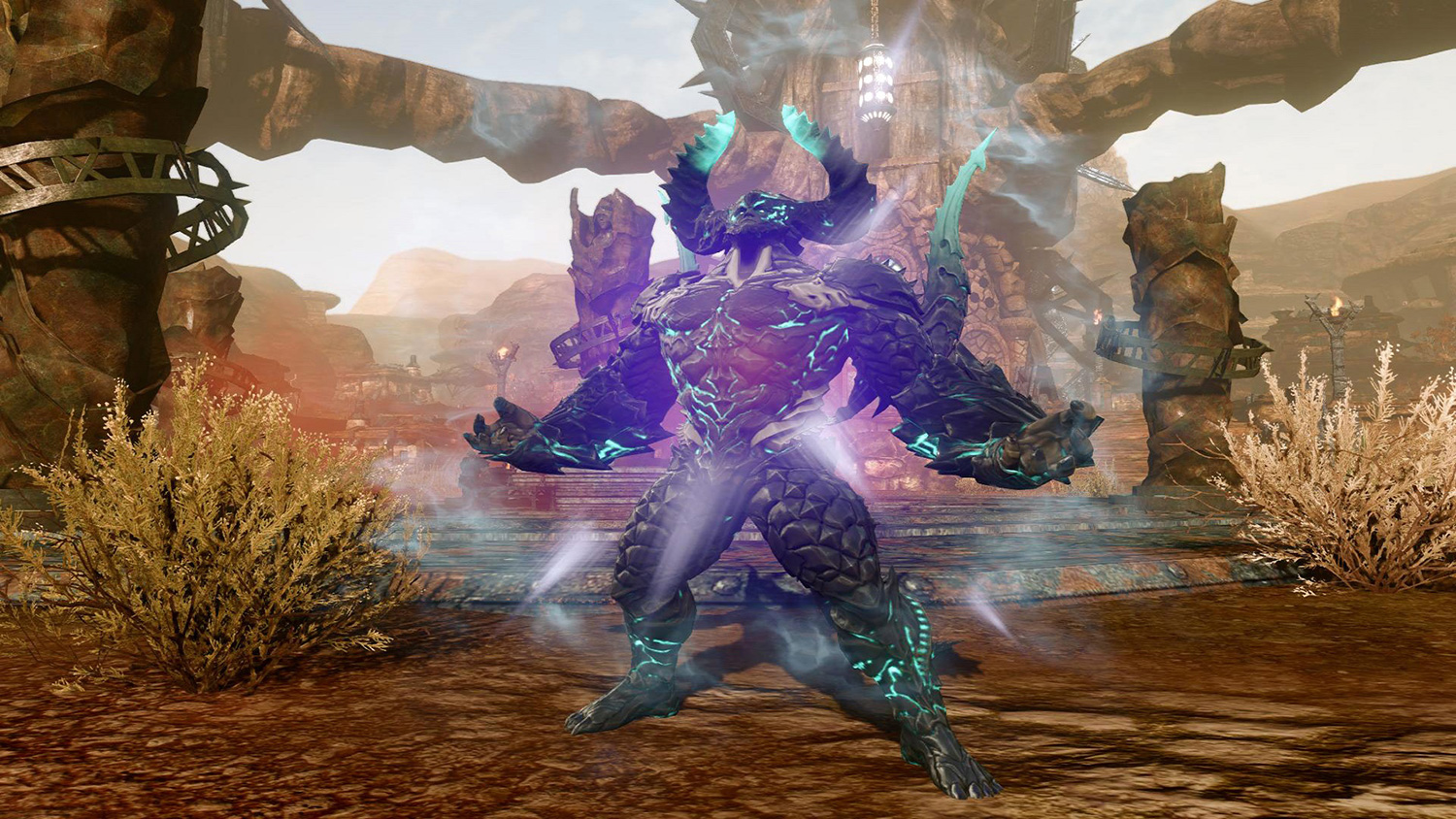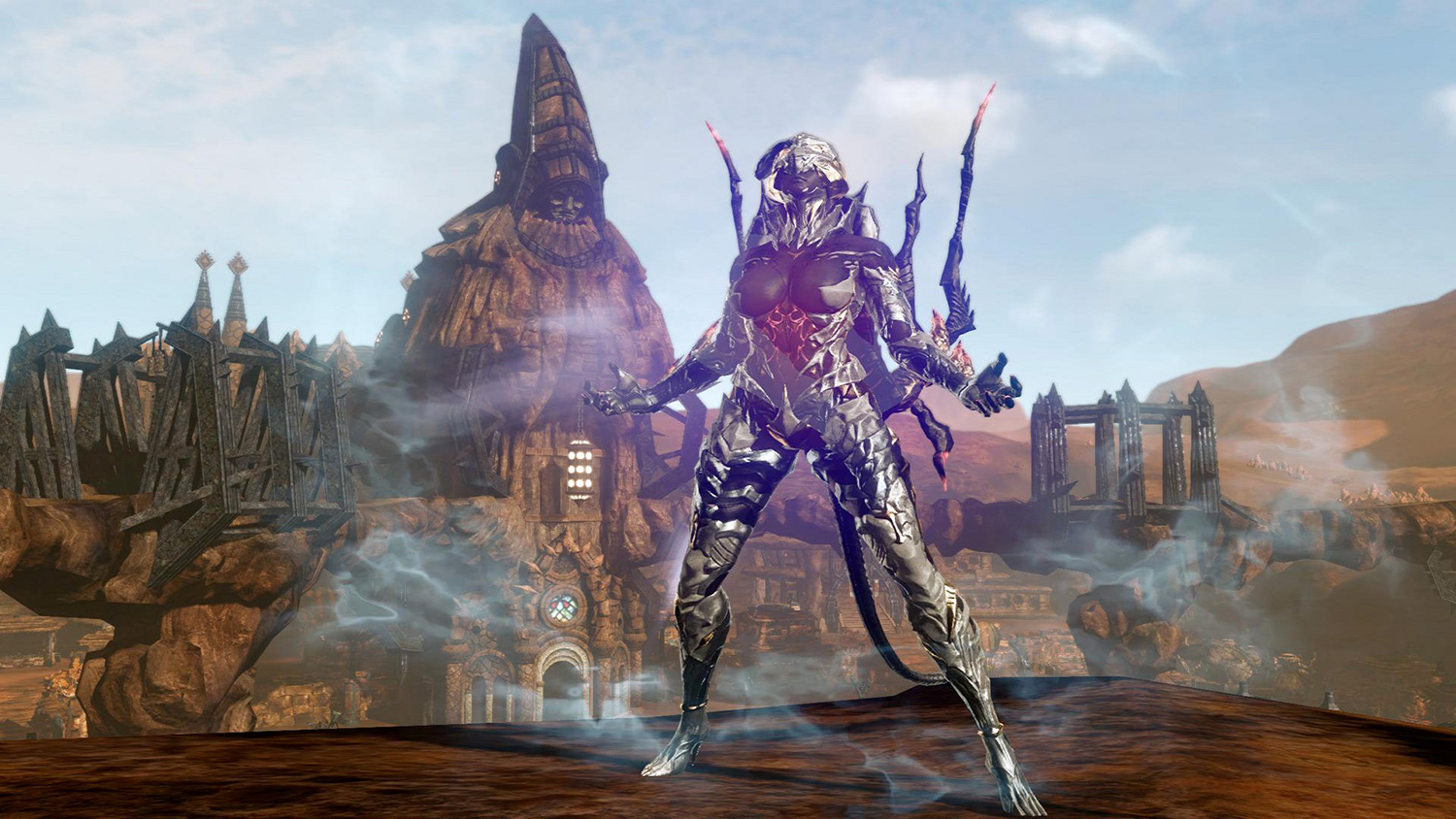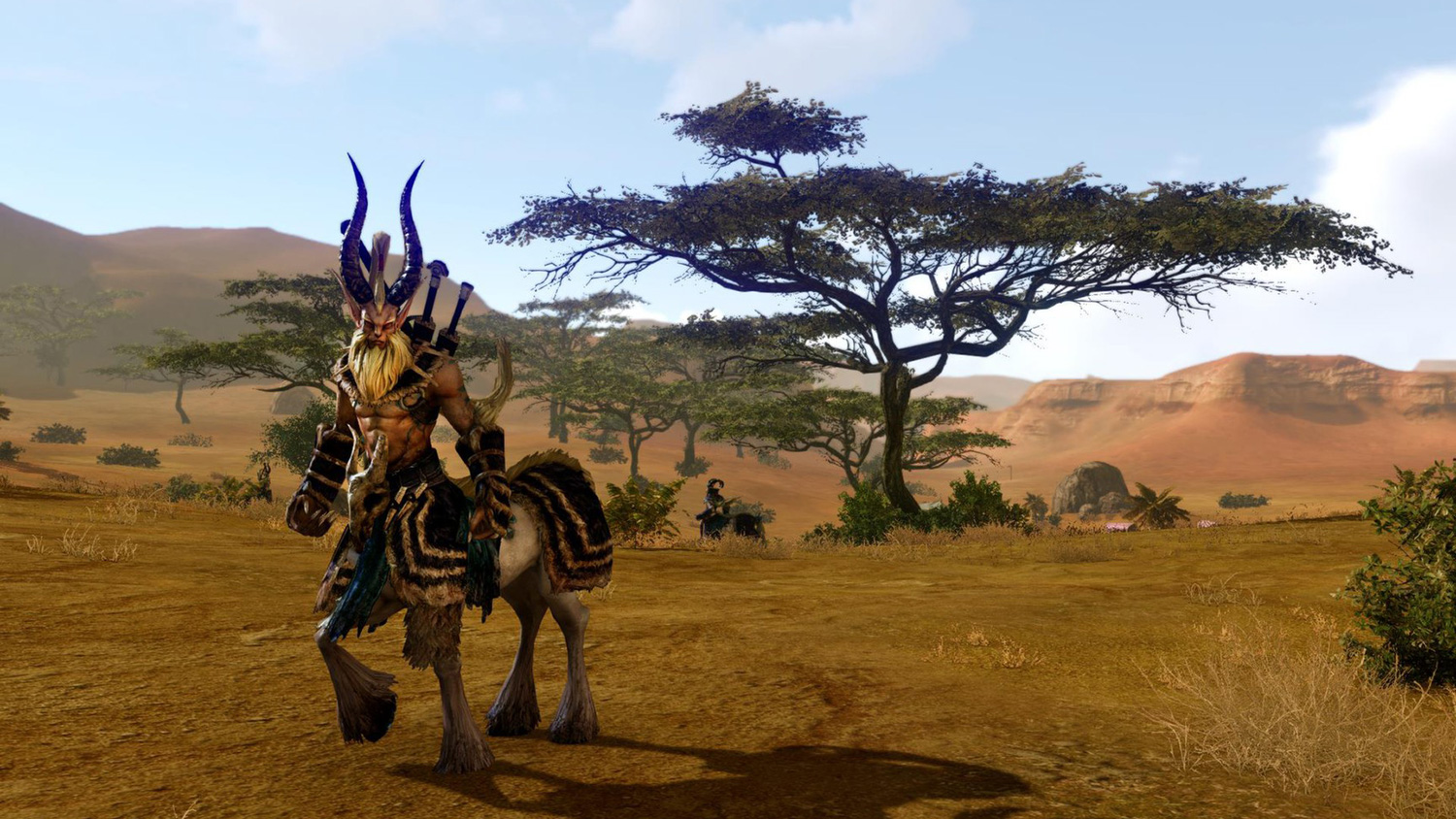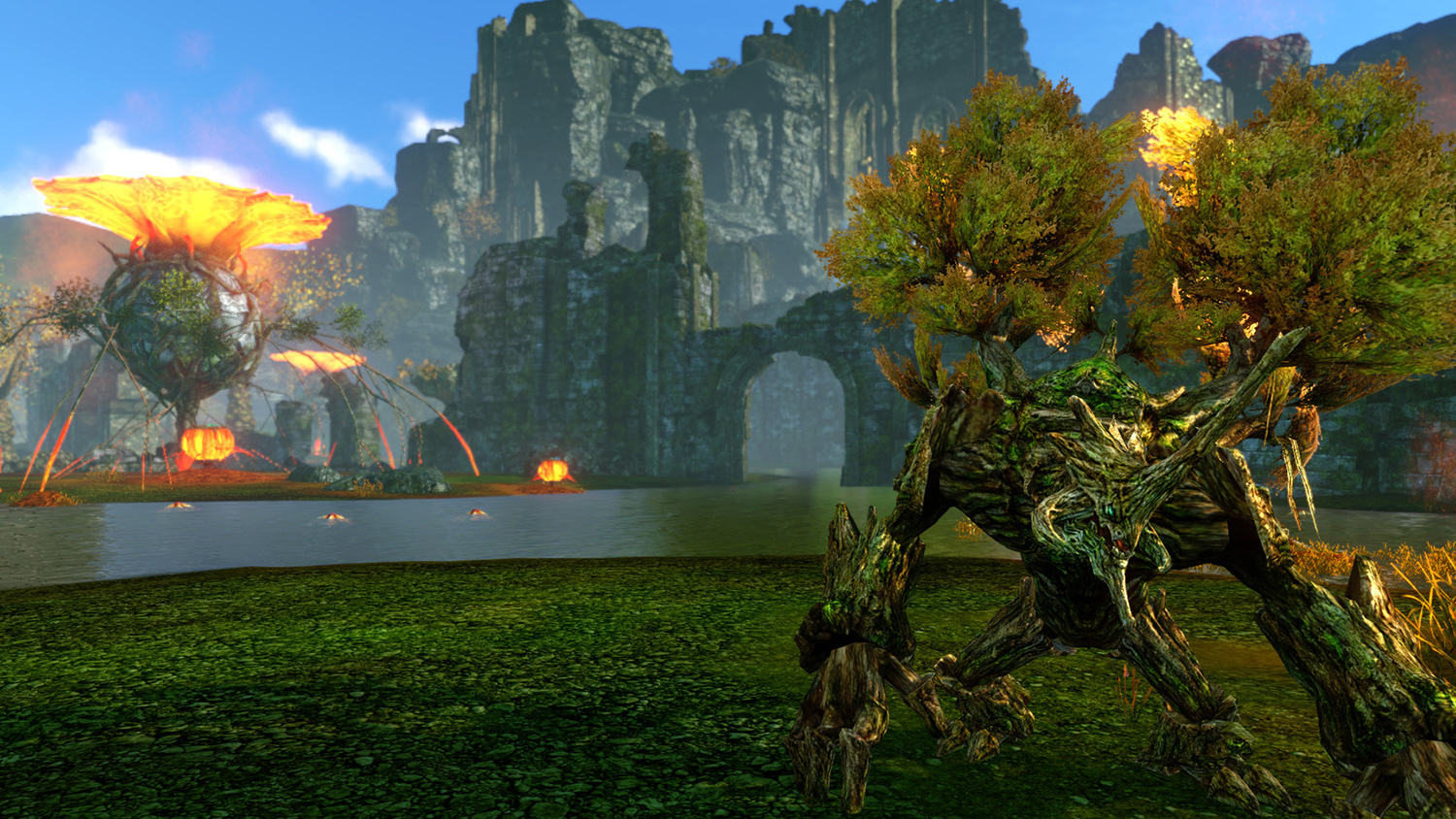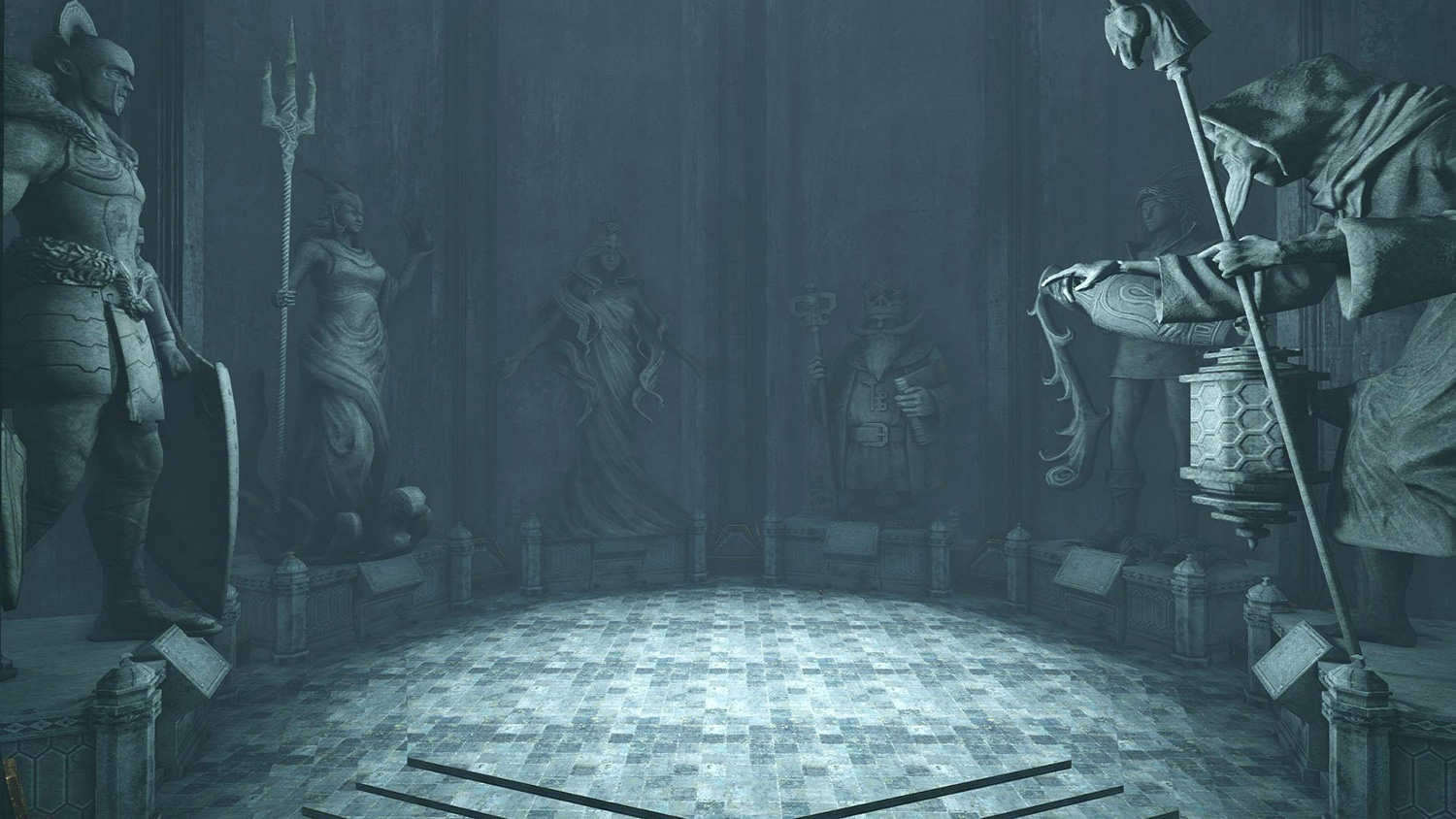But what if it won’t be so bad? Maybe the end of days mean less killing and more Kumbaya?
A new study by a team of international researchers has shined a brighter light on armageddon by analyzing player behavior in the last days of the online game ArcheAge. What they found was that, although some players carelessly killed and pillaged, most of them barely changed their behaviors toward each other in the end. Instead, they seemed to give up on themselves.
The idea to study ArcheAge, a massive multiplayer online role playing game (MMORPG), as a proxy for an extreme scenario first emerged when the game’s developers offered the team of researchers a bunch of data from a closed beta test, in which a select group of players were invited to trial the game prior to launch.
At the researchers’ disposal were well over 275 million anonymized records from some 81,000 characters.
“They kind of just gave us the dataset and said, ‘Hey you want to take a look at this stuff?’” Jeremy Blackburn, a computer scientist at Telefonica Research and one of the researchers on the project, told Digital Trends. “We thought it was a cool opportunity to look at this kind of philosophical or sociological idea in as close to an empirical way as we could come up with.”
The dataset was huge. At the researchers’ disposal were well over 275 million anonymized records from nearly 31,000 accounts during an eleven week period beginning at the end of 2011. The records were divided into 75 different actions for things like combat, trading, and communications. The researchers also had access to the entire chat log.
After crunching the data, Blackburn and his team were surprised by what they found.
Studying synthetic worlds
It isn’t a novel idea to use synthetic worlds as proxies for real world events. In 2006, Edward Castronova published a paper “On the Research Value of Large Games…” in which he claimed that MMORPGs “occasionally produce natural experiments in social science: situations that, through no intent of the designer, offer controlled variations on a phenomenon of theoretical interest.” With their wealth of data and the commitment from players, these games offer unique insight into real world dynamics in spaces from politics to economics.

In 2010, Dimitri Williams used Castronova as inspiration for what he termed “the mapping principle,” by which player behavior in games can map human behavior in real life. The comparison is rarely ever one to one but researchers can still use the principle to get an idea about how people might react in a given situation. This method is especially useful for studying extreme situations too dangerous to create in the real world.
Today, researchers use such simulations to study how people act in events like job interviews, natural disasters, emergencies, and now even the end of the world.
ArcheAge armageddon
To keep its virtual world from spiraling into barbarism, ArcheAge punishes players for “anti-social” behavior like murder and theft. “One of the things that seemed obvious to us then is that nobody would care anymore once the game was about to end,” Blackburn said. “They would just go crazy and start killing each other. That’s kind of what a lot of people might think would happen in this type of scenario.” It’s certainly what most apocalyptic fictions depict.
Instead, only a handful of players took up unlawful killings and most of these murderers were “churners,” players who leave the game early anyway. Overall, churners were much more likely to act out than other players. “It seems that churners lose their sense of responsibility and attachment to the game,” the researchers wrote. “In contrast, those who stay until the end might have some loyalty to the game and thus continue to behave within accepted social norms.”
“This kind of simulation does not activate the kinds of emotions that would of occur if people witnessed millions or billions of people dying.”
Those who stayed also seemed to adopt more positive attitudes as the doomsday clock ticked down, which the researchers revealed through a set of tools used to extract sentiment from the players’ conversations.
But not all the data was so uplifting. For Blackburn, the most disappointing finding was that players all but gave up on their own development as the end neared. They abandoned their quests and character progression, renouncing the RPG aspect of the game. “It’s a bit disappointing that people would stop trying to improve themselves,” he said.
Though on one level this renunciation is entirely understandable, it also calls into question why the players were even playing in the first place. Perhaps the MMO aspect was more important than the RPG.
“In the end, they did seem to be focusing on the social aspect as opposed to taking advantage of all the gameplay systems,” Blackburn said. “So when it comes down to it, they’re falling back on the underlying principle about what makes these games attractive in the first place.” That is, the community.
ArcheAge had five closed beta tests and one open beta test before launch, so acting out — even in the end times — may have elicited some carry-over consequences between players. And rather sitting in dismay, Blackburn said players seemed to be “reminiscing about the fun that they had in this beta or talking about the next one.”
What it’s really worth
Like all studies linking human behavior in simulated worlds to those in reality, this one should be taken in moderation. For one thing, Blackburn and his team are computer scientists, not social scientists. And most of the players partaking in the test were Korean, so the results can’t be reliably extrapolated to other cultures – although, as Blackburn pointed out, “I wouldn’t expect North American players to just go crazy killing people either.” Then there’s the fact that this was just a game, and a beta version at that. It might be comforting to think that people prioritize community in end times but it’s tough to say what we’d do in the face of actual impending doom.
“It was a cool opportunity to look at this kind of philosophical or sociological idea in as close to an empirical way as we could come up with.”
“This kind of simulation does not activate the kinds of motivations and emotions that would of occur if people witnessed millions or billions dying, or had to contemplate their own actual imminent demise,” said psychologist Jeff Greenberg, one of minds behind terror management theory, which seeks to explain human behavior amid the realization of the inevitability of death. “It’s a video game, something people do for fun, and end of the world scenarios are fun to consider and react to within the context of entertainment. [But they] would not be fun in real life.”
Blackburn and his team acknowledge that there’s only so much to be gained from the research. It reveals a lot about how players react and interact within MMOs but might not be the best model to follow when preparing for armageddon.
“We have to be careful,” Blackburn said. “Murders are not exactly one-to-one mapping. If you kill someone in real life they’re really dead. However, for the basic higher-level questions I think it maps pretty well. We’re tempering the fact that these people aren’t really dead at the end of the closed beta test, just their characters are. So it’s the best we can do but we have to be careful not to claim it’s a clear one-to-one mapping.”
The researchers have submitted their paper to the 26th International World Wide Web Conference which will be held in Australia next month.
